On June 29, 2025, the academic symposium “World Peace, Development, and the Future of a Multilateral International Order—Commemorating the 80th Anniversary of the Victory in the Chinese People's War of Resistance Against Japanese Aggression and the World Anti-Fascist War” was held at the Shanghai Academy of Social Sciences (SASS). The event was jointly organized by the Shanghai Society of International Relations and other international studies associations affiliated with the Shanghai Federation of Social Science Associations (SFSSA). As part of the SFSSA’s 2025 annual cooperation projects and the Presidents’ Forum series, the first parallel session—titled “Postwar Major Power Relations and the Reshaping of the Geopolitical Landscape”—was co-hosted by the Center for American Studies at Fudan University, the Shanghai Society of American Studies, the Center for Russian Studies at East China Normal University, and the Shanghai Society for Russian, Eastern European, and Central Asian Studies (SSREUCAS). The session brought together leading experts and scholars for in-depth discussions on the evolution of major power relations and the transformation of the global geopolitical order since World War II.
The first segment of the session was chaired and commented on by Prof. Wu Xinbo, President of the Shanghai Society of American Studies, Vice President of the Shanghai Society of International Relations, Dean of the Institute of International Studies at Fudan University, and Director of the Center for American Studies at Fudan University. Prof. Wu observed that geopolitical dynamics have played a crucial role in shaping great power relations, particularly between China and the United States. He highlighted ongoing domestic and foreign policy shifts in both the U.S. and Europe. Under the Trump administration, in particular, the United States pursued domestic political and economic restructuring and adopted a more pragmatic foreign policy approach oriented toward a “multipolar world.” According to Wu, these developments will have significant implications for how China crafts its foreign policy and navigates its external environment in the coming years. He concluded by emphasizing that major powers must seek coordination amidst competition in order to constructively reshape the international order.
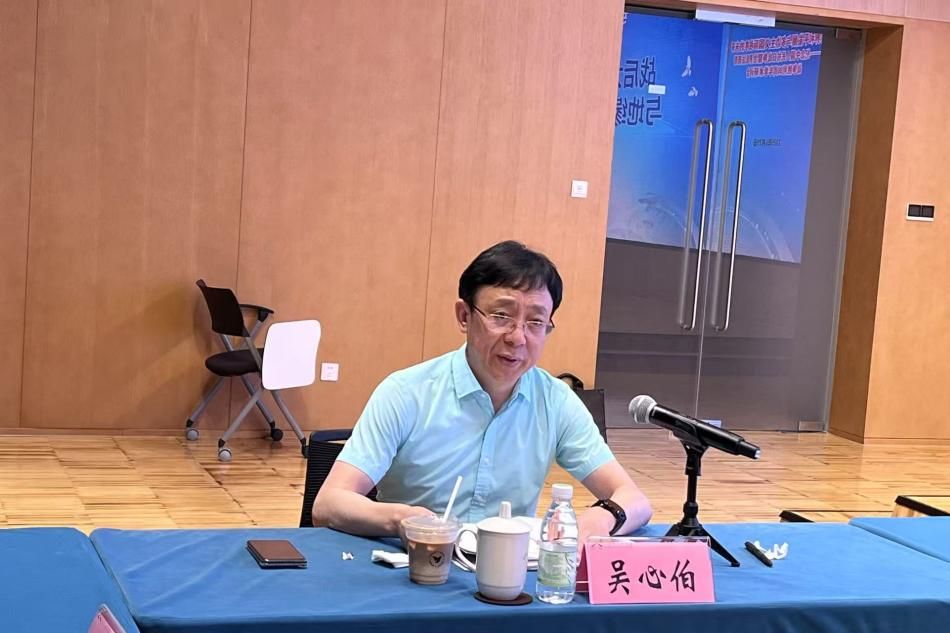
Keynote speakers in this segment included Prof. Jiang Feng, President of the Shanghai Society of Area Studies and Chairman of the Shanghai Institute for Global Governance and Area Studies; Prof. Xia Liping from the School of Politics and International Relations at Tongji University; and Professors Wei Zongyou and Zhao Minghao from the Center for American Studies at Fudan University.
Prof. Jiang Feng examined the evolution of transatlantic relations, arguing that U.S. influence in Europe remains strong. In fact, pressure from the Trump administration appears to have reinforced American leadership in recent NATO and G7 summits. European countries, he noted, continue to rely heavily on the United States in areas such as security and technology.
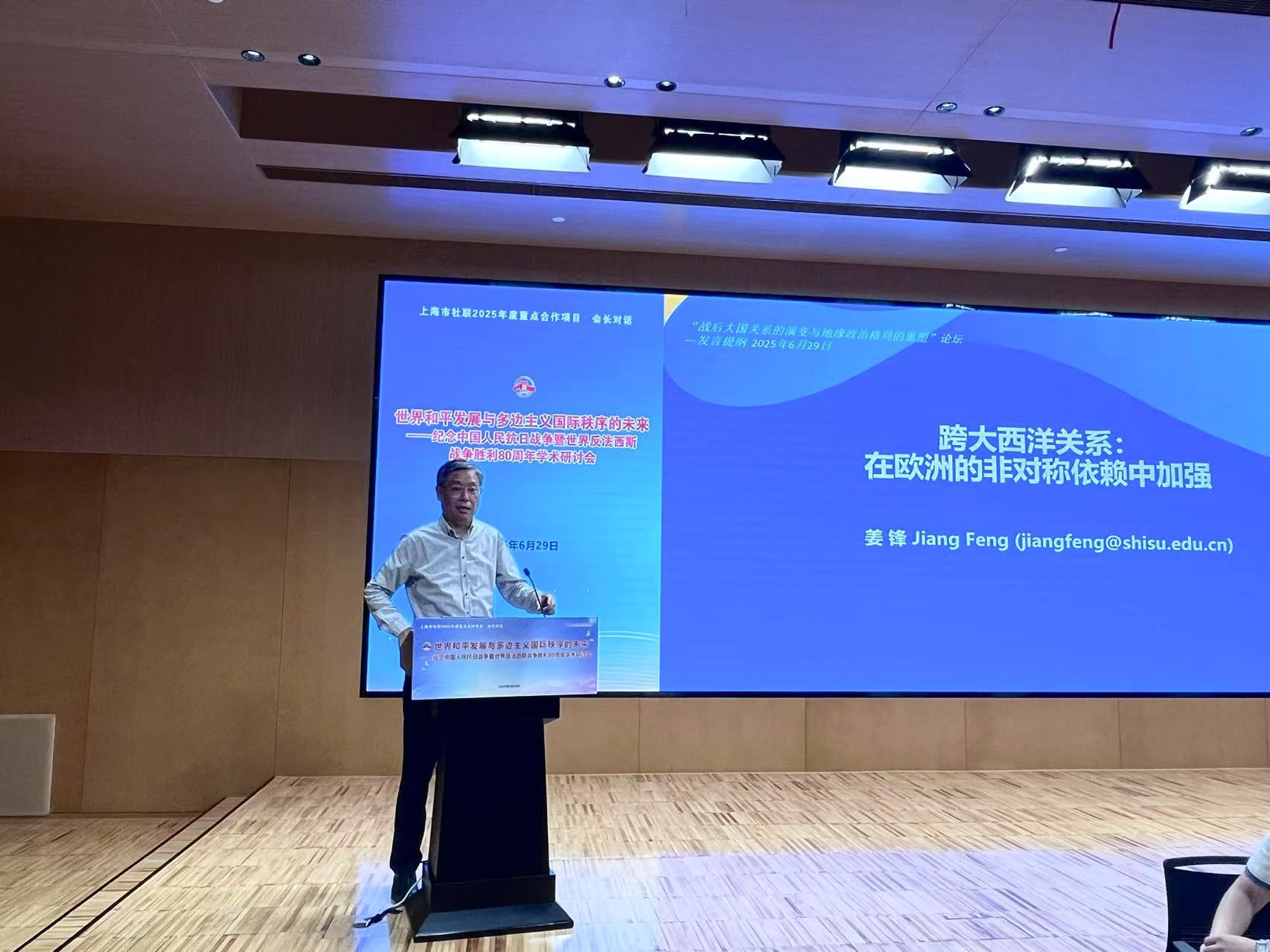
Prof. Xia Liping analyzed Trump 2.0’s China policy. He suggested that Trump’s approach is shaped by a blend of conservative populism, a distinctive governing style, and a transactional mindset. Key strategies include efforts to relocate Taiwan’s high-tech industries to the United States, accelerate arms sales to Taiwan, and deploy a “Taiwan card” strategy aimed at containing China—all while strategic competition between the two countries intensifies across various domains of trade and diplomacy.
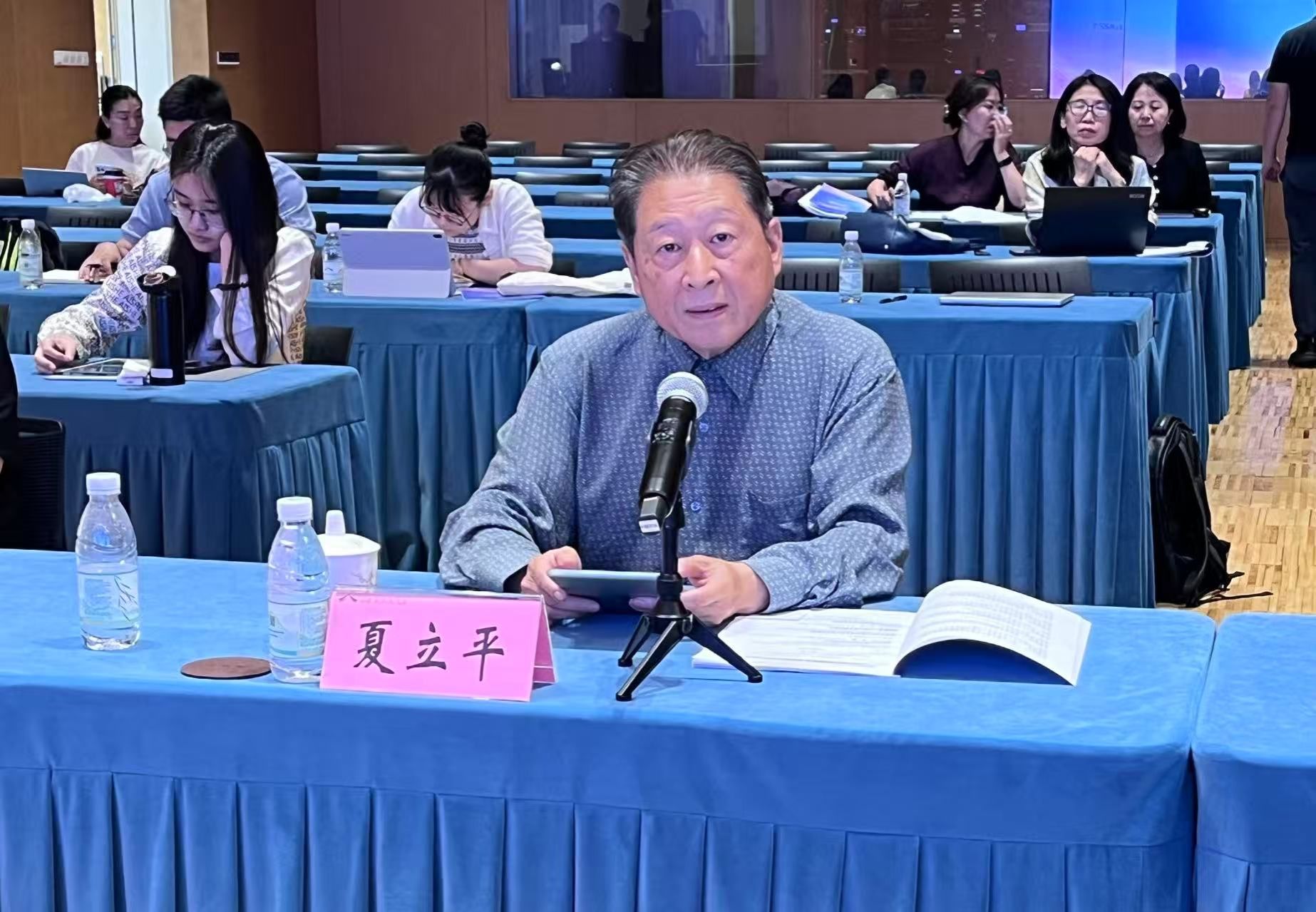
Prof. Wei Zongyou discussed the potential restructuring of the Asia-Pacific order under a second Trump term. He described Trump’s foreign policy as revolving around three strategic dimensions: consolidation, reduction, and prevention. This entail revitalizing American values, economic competitiveness, and military capabilities; reducing foreign aid and international commitments; and strengthening military deployments in the Indo-Pacific. He cautioned against emerging challenges such as a possible new Cold War between China and the United States, the return of bloc politics, and the rising risk of crises in the Taiwan Strait and South China Sea—where geopolitical and geo-economic tensions increasingly intersect.
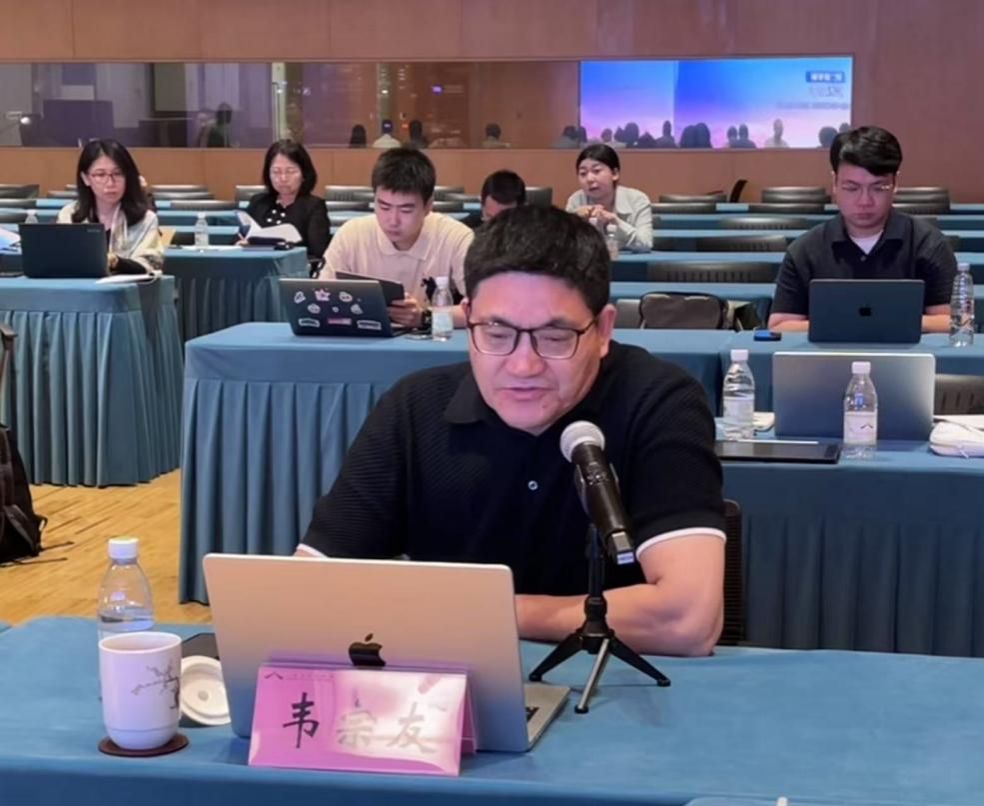
Prof. Zhao Minghao focused on the impact of U.S. domestic political shifts on the U.S.–China strategic rivalry. He argued that Trump seeks to redefine conservatism through populism, expand executive power, and assert greater control over the federal bureaucracy, military, and broader society. This political trajectory, Zhao warned, may profoundly reshape U.S. governance, with “illiberal democracy” emerging as a possible new model. The Trump administration, he noted, appears intent on rejecting the liberal international order in favor of a more bilateral, unilateral, and coercive foreign policy approach.
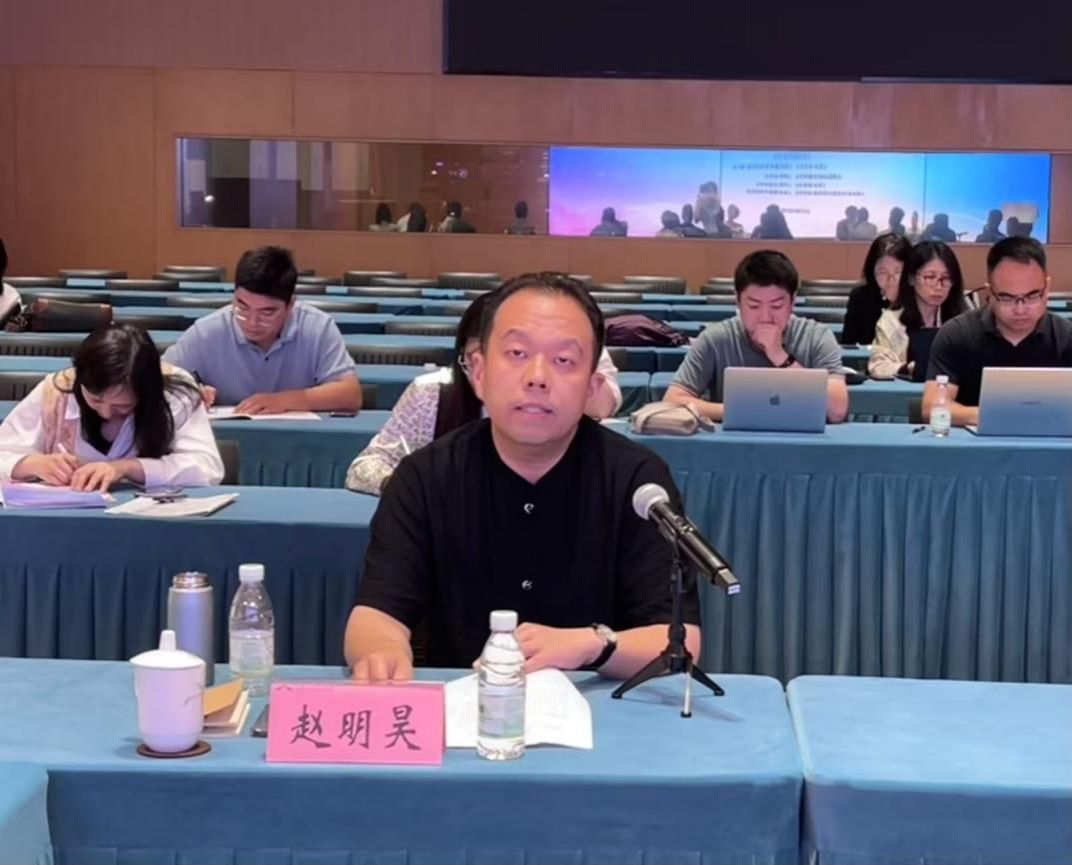
The second segment of the session was chaired by Prof. Yu Jianhua, Vice President of the SSREUCAS and a researcher at the SASS. Featured speakers included Prof. Liu Jun, President of the SSREUCAS and Executive Director of the Center for Russian Studies at East China Normal University; Zhao Long, Secretary-General of the Shanghai Institute for Strategic and International Studies and Deputy Director of the Institute for International Strategic and Security Studies at the Shanghai Institutes for International Studies (SIIS); Prof. Gu Wei of SASS; Associate Prof. Yang Yifan of the School of Politics and International Relations at East China Normal University; and Wang Le, Deputy Secretary-General of the Shanghai Society of International Relations and Research Fellow at the Center for Russian Studies at East China Normal University.
The symposium offered valuable insights into the evolution of postwar major power relations and the reshaping of the global geopolitical landscape. It deepened scholarly understanding of current international dynamics and future trends, providing meaningful references for academic research and policy development in the field of international studies.



